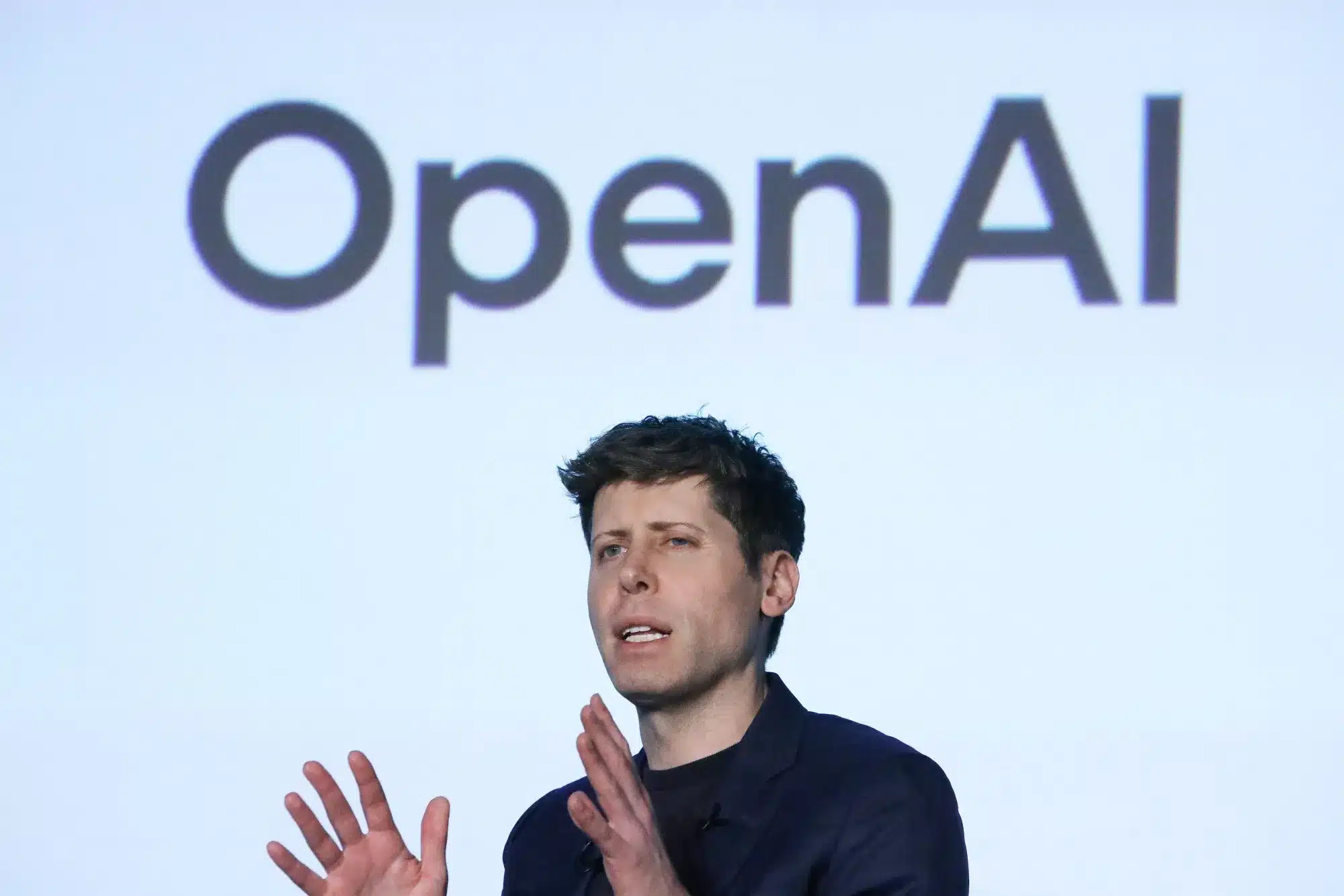OpenAI Gains Microsoft Approval for For-Profit Shift

OpenAI has announced a significant step in its partnership with Microsoft, its largest investor, by reaching a non-binding agreement to potentially convert its for-profit arm into a public benefit corporation (PBC). This transition, pending approval from state regulators, could enable OpenAI to attract more capital and eventually go public. The agreement also ensures that OpenAI’s nonprofit arm will maintain control over the company’s operations while acquiring a stake in the new PBC valued at over $100 billion.
Details of the Agreement
In a recent blog post, OpenAI’s Board Chairman Bret Taylor outlined the implications of the non-binding memorandum of understanding (MOU) signed with Microsoft. While MOUs are not legally binding, they serve to clarify the intentions and expectations of the parties involved. The joint statement from both companies emphasized their commitment to finalizing the contractual terms in a definitive agreement. This development follows months of negotiations regarding OpenAI’s transition plans, which have been a focal point of discussions between the two organizations.
Under the existing partnership, Microsoft has been granted preferred access to OpenAI’s technology and serves as its primary cloud services provider. However, as OpenAI’s ChatGPT has grown significantly since Microsoft’s initial investment in 2019, the startup has sought to reduce Microsoft’s control over its operations. Taylor indicated that both companies are currently collaborating with the Attorneys General of California and Delaware to ensure the transition plan meets regulatory requirements.
Negotiations and Tensions
Reports suggest that tensions between OpenAI and Microsoft have escalated during the negotiation process. The Wall Street Journal highlighted a specific point of contention regarding Microsoft’s desire to gain control over Windsurf, an AI coding startup that OpenAI intended to acquire earlier this year. OpenAI aimed to keep Windsurf’s technology independent, leading to a breakdown in the deal. Following this, Windsurf’s founders were hired by Google, while the remaining staff joined Cognition.
These negotiations have not only impacted corporate strategies but have also drawn attention from external parties. Elon Musk’s ongoing lawsuit against OpenAI has brought the for-profit transition into the spotlight. Musk’s legal team has sought to uncover details related to the negotiations between OpenAI and Microsoft, arguing that the company’s leadership has strayed from its original nonprofit mission.
Implications of the Transition
The potential transition to a public benefit corporation could have far-reaching implications for OpenAI. If approved, this move would allow the company to raise additional funds from investors, paving the way for a public offering in the future. The nonprofit’s stake in the new PBC, as outlined in the agreement, surpasses Musk’s unsolicited $97 billion takeover bid earlier this year, which the OpenAI board rejected.
Legal experts have noted that Musk’s bid may have inadvertently increased the value of OpenAI’s nonprofit stake, highlighting the complexities surrounding the company’s financial and operational strategies. As OpenAI navigates this transition, it remains to be seen how regulatory bodies will respond and what the future holds for its partnership with Microsoft.
Observer Voice is the one stop site for National, International news, Sports, Editor’s Choice, Art/culture contents, Quotes and much more. We also cover historical contents. Historical contents includes World History, Indian History, and what happened today. The website also covers Entertainment across the India and World.

